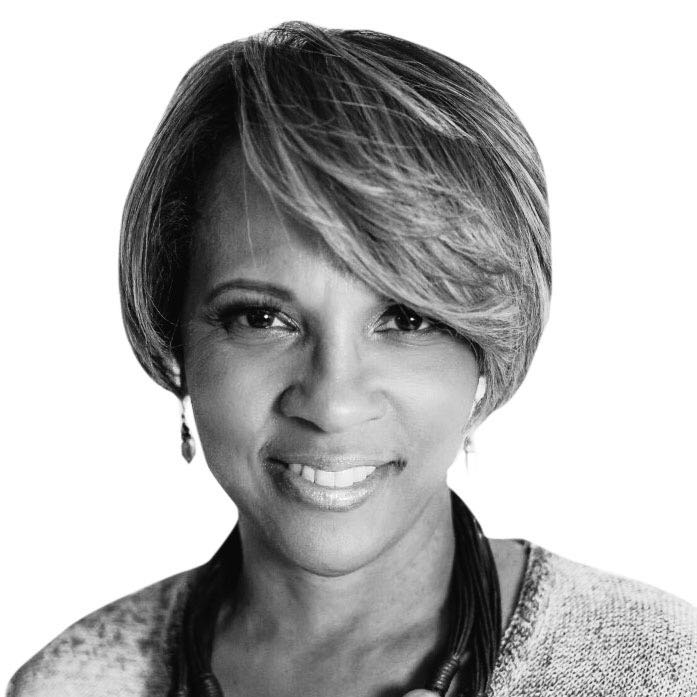Today’s sentencing of actress Felicity Huffman was a man-bites-dog story, as a privileged white American was held to some account after pleading guilty to gaming the college admissions system on behalf of her daughter Sophia by paying a Harvard grad $15,000 to “correct” her SAT answers, and boost them by 400 points.
“In my desperation to be a good mother I talked myself into believing that all I was doing was giving my daughter a fair shot,” Felicity wrote before tearing up as she asked the judge to sentence her to just a fine, community service and probation—while her lawyer argued any jail time would mean she was being treated unfairly because of her wealth and fame.
But Judge Indira Talwani, pointing to “the need to avoid unwarranted sentence disparities among similarly situated defendants,” rightly said that “trying to be a good mother doesn’t excuse this” and sentenced her to 14 days.
Trying to be a good mother certainly hasn’t excused efforts by too many black women who have ended up in jail for simply enrolling their kids in better schools. Tanya McDowell, a homeless African-American woman, enrolled her young son in a better public school district in Connecticut and was caught, prosecuted, and sentenced to 12 years. A black mother in Ohio, Kelley Williams Bolar, was sentenced to 10 days in jail for the same thing.
We know that this is the norm in America’s criminal justice system and has been since Jim Crow-era policies sought to make former slaves turned freedmen into criminals who worked on chain gangs building railroads and other projects free of labor in the rural south. The fact is that there are more African-Americans under the thumb of the criminal justice system in 2019 than were enslaved in 1850.
Black people make up a disproportionate share of the astounding 7 million Americans who are currently behind bars or being monitored by probation or parole officers. While African-Americans are 13 percent of the general population, they make up 40 percent of the prison population. Once they’ve been branded as criminals, citizens are often denied housing, social services, and even the right to vote. Over 6 million people in the U.S. are denied the right to vote because of their contact with the criminal justice system. Bottom line: There are life-altering consequences that happen when people are sentenced unfairly based on race.
Nationally, one of every 13 African-Americans of voting age is disenfranchised. For these African-Americans, the gains of the civil rights movement have been voided. Here, in my home state of Virginia, then-Gov. McAuliffe sought to restore the voting rights of over 200,000 individuals in 2017 with the stroke of a pen. He was challenged by Republicans in the legislature in the Virginia Supreme Court and instead had to grant relief individually.
The bottom line for me, as a former attorney and as a black woman, is that while we often just focus on sentencing disparities for black men, the same problem applies to black women. Today, Judge Talwani made the right call (which included, along with the 14-day sentence, a $30,000 fine, 250 hours of community service, and one year of supervised release) and took one small step toward creating a single justice system for all Americans.







